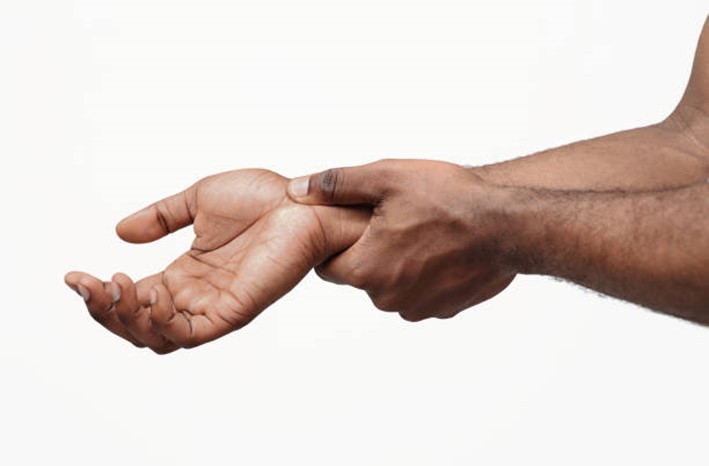
WRIST PAIN
- 2024-07-26 01:09:13

Happy New Year!!! as we settle down to work lets kick it off with ‘The core issue’ i.e. the core muscles specifically the abdominals.
Did you know that the abdominal muscles (stomach muscles) can cause you terrible back pain?
Abdominals and back muscles work together to support the spine when we sit, stand, bend over, and pick things up, exercise and more.
They offer protection in two ways: by limiting excessive rotation of the lumbar spine and by controlling the tilt of the pelvis.
Since the abdominals work hand in hand with the back muscles, if you have weak abdominals, they fail in supporting the spine hence the back muscles overwork by compensating. These back muscles with time become tight resulting in low back pain. This is because the back muscles in question attach on the lower spine hence directly cause tension and in extreme cases cause disc compression.
Weak abdominal muscles also affect the alignment of the pelvis by causing an anterior pelvic tilt. This leads to an increased lumbar curve with a forward-leaning posture. With this posture, they can cause the spine to be out of balance and place stress on the spine leading to low back pain.
DIAGNOSIS
PREVENTION
TREATMENT
If you already have back pain, it’s time to see your physiotherapist.
He or she will help you;
Compiled by :Naomi Wausi / Physical therapist